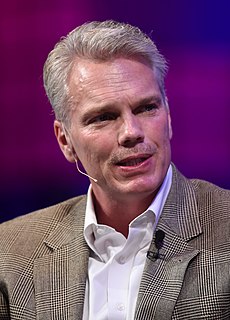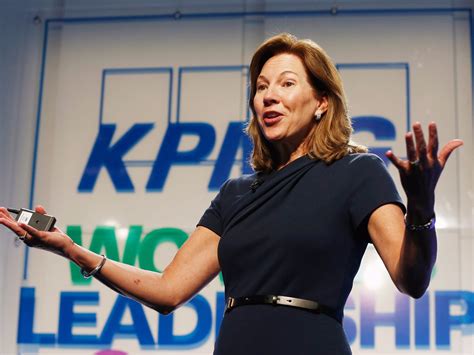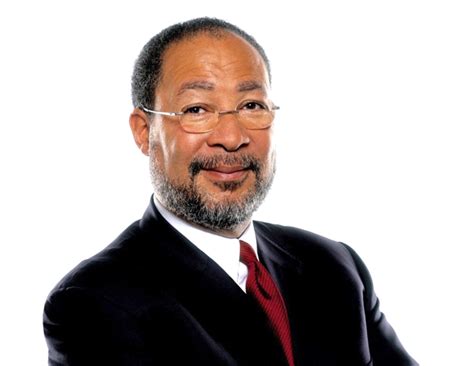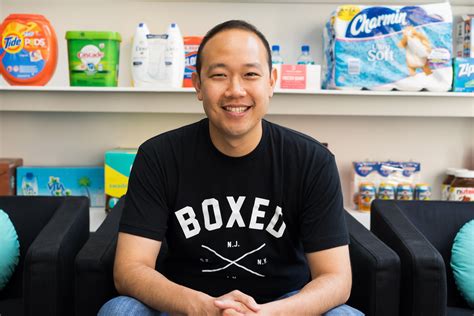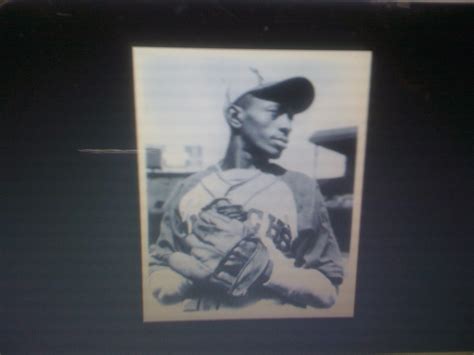A Quote by Om Malik
In the touch-based mobile device era, folks need to think of ways to have a single technology stack married to the ability to create unique experiences for different devices.
Related Quotes
Telephones in 2020 will be archaic, relics of a bygone era-like transistor radios are today. Telephony, which will be entirely IP-based by then, will be a standard communications chip on many devices. We'll probably carry some kind of screen-based reading device that will perform this function, though I assume when we want to communicate verbally, we'll do so through a tiny, earplug-based device.
I'm excited about mobile; clearly that's important. Mobile devices are kind of at the opposite end of PCs, in that PCs are pretty open and you can do a fair amount with them, but many mobile devices aren't. We're excited at the idea that we can make the same kind of contribution in the mobile space. So that's one thing coming down the pike.
The ultimate goal is to be the leader in mobile commerce. I'm not just saying revenues; if you're trying to find a good experience of buying something on your phone, I want you to automatically think, 'Boxed has one of the best, if not the best, experiences of buying something on your mobile device.'
Of course everyone should have the right to get married. But I think people need to remember sometimes that we don't all need to be the same. There's thousands of different types of relationships that people can have, whether it's completely monogamous or it's not monogamous, or they're married, or they're single or whatever it is.
I saw lots of music devices. I loved playing with music devices. And like most of the world, I thought of a music device as a music device. Steve Jobs tends to look beyond that, and he doesn't see a music device as having any importance at all - how fast it is, how many songs it can hold, and all that - he sees music itself to a person as a being the important thing.
I am not against identity politics or single based issues; at the same time, we need to find ways to connect these singular modes of politics to broader political narratives about democracy so we can recognize their strengths and limitations in building broad-based social movements. In short, we need to find new ways to connect education to the struggle for democracy that is under assault in ways that were unimaginable forty years ago.




